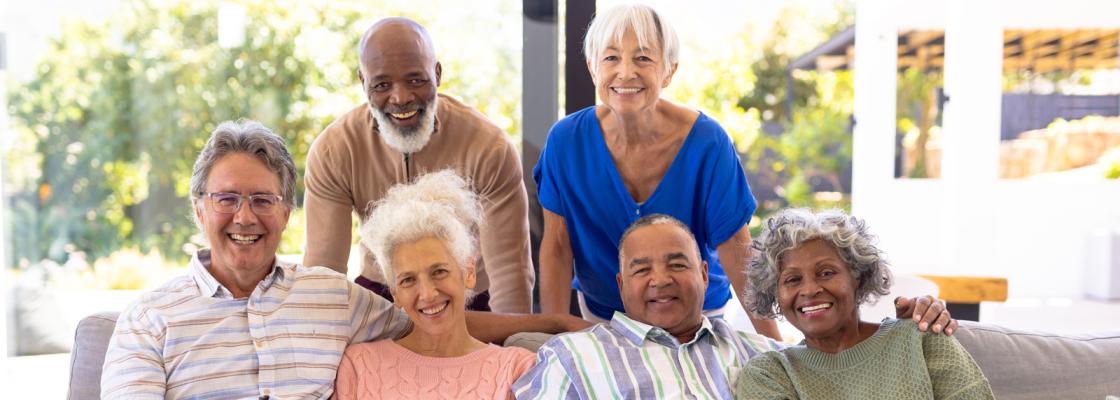
What do the Ombudsman programs do?
Long-term care ombudsmen are resident-directed advocates providing advocacy on behalf of older adults and adults with disabilities who live in nursing homes and assisted living residences. Long-term care ombudsmen are trained to receive and help resolve complaints made by or on behalf of residents.
In addition to identifying, investigating and resolving complaints, Ombudsman Program responsibilities include:
Educating residents, their family and facility staff about residents’ rights.
Ensuring residents have regular and timely access to ombudsman services.
Advocating for changes to improve residents’ quality of life and care.
Providing information to the public regarding long-term care facilities and services.
Provide education on how to self-advocate.
Support resident and family council.
Ombudsman Programs do not:
Conduct licensing and regulatory inspections or investigations.
Perform Adult Protective Services investigations.
Provide direct care for residents.
Program of All-Inclusive Care for the Elderly
DRCOG also houses the Program of All-Inclusive Care for the Elderly Ombudsman, also known as the PACE program. The ombudsman's role is to advocate for participants in programs outside of a long-term care facility situation and assist participants in resolving issues related to care, health, safety or the participants' rights. Program of All-Inclusive Care for the Elderly ombudsmen strive to resolve complaints that range from simple quality of care issues — such as a participant's preferred time to receive care — to very serious, sometimes life-threatening concerns involving abuse and neglect.
Browse the Ombudsman Program brochure for more information.
